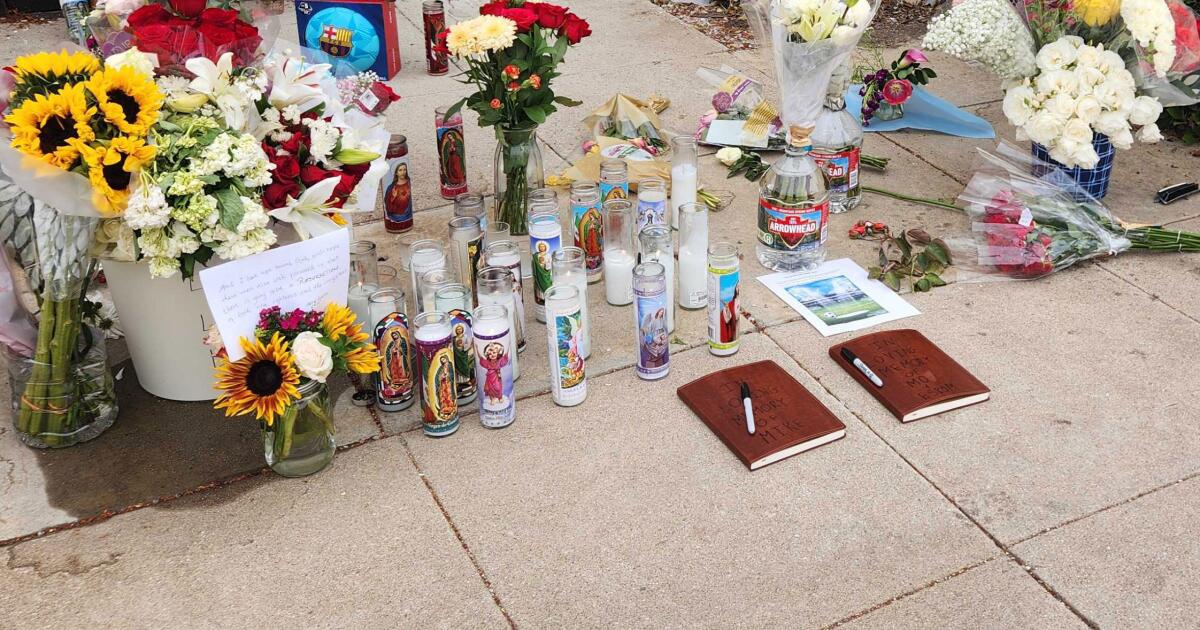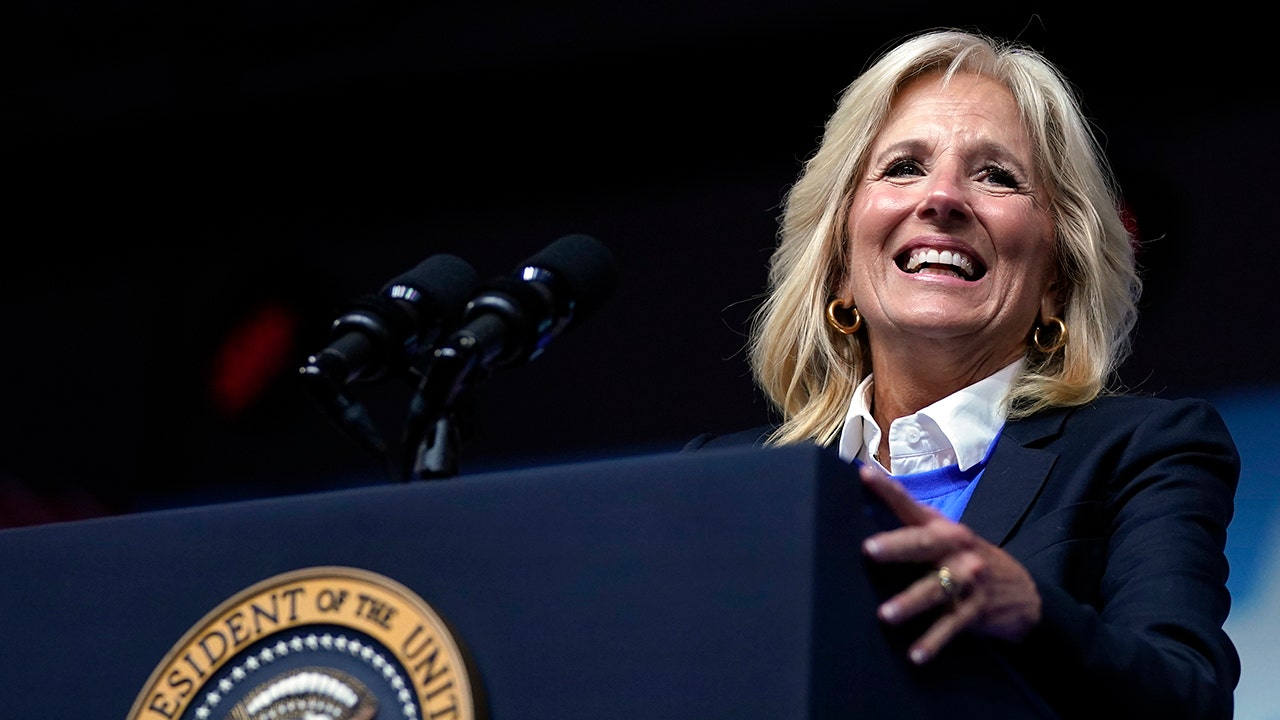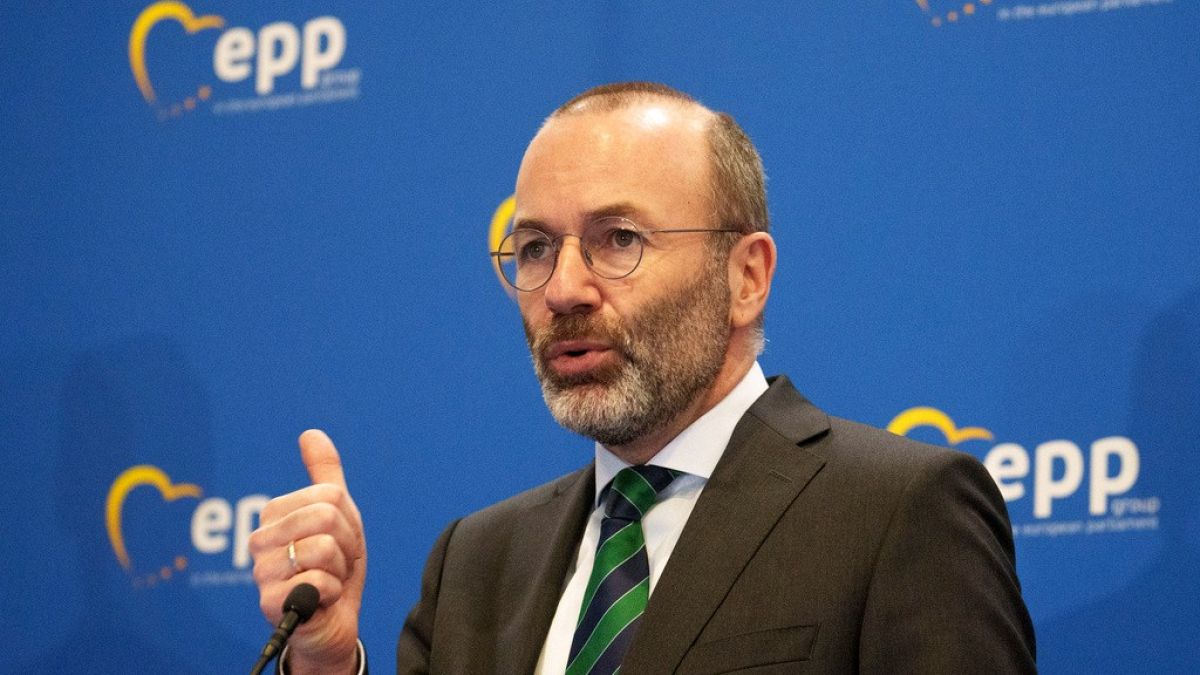World
Everything we know about the EU inquiry into Chinese electric cars
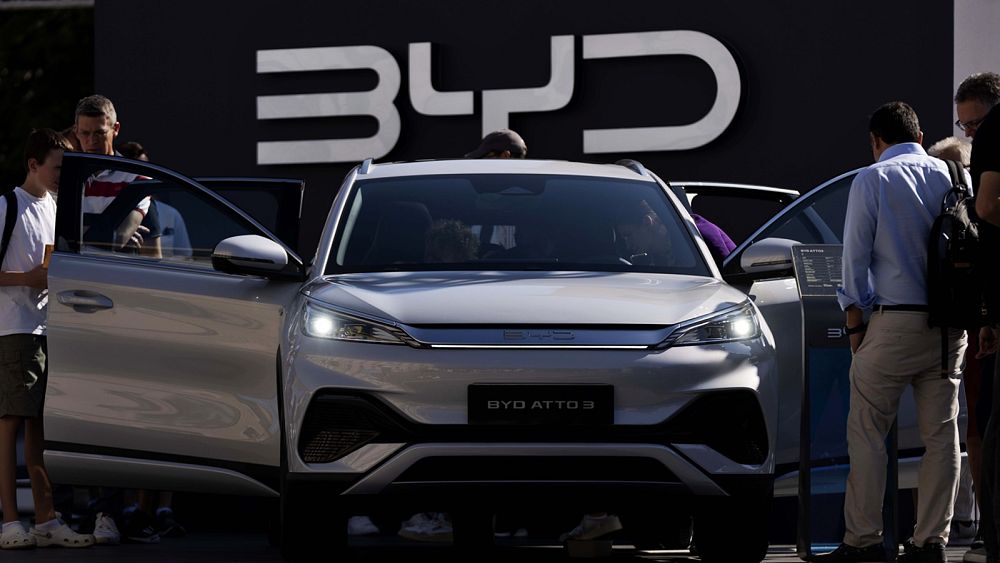
It was the big surprise of the State of the Union speech: the European Union is launching a trade inquiry into Chinese electric vehicles.
“Competition is only true as long as it is fair,” said Ursula von der Leyen, the president of the European Commission. “We have to be clear-eyed about the risks we face.”
This was von der Leyen’s unexpected announcement of a formal anti-subsidy investigation into China-made electric cars coming into the European market, which prompted applause from MEPs in the Strasbourg hemicycle on Wednesday.
“Global markets are now flooded with cheaper Chinese electric cars. And their price is kept artificially low by huge state subsidies. This is distorting our market,” she said. “And as we do not accept this distortion from the inside in our market, we do not accept this from the outside.”
But what exactly does this mean?
Pumping public cash
As the executive branch, the European Commission has the exclusive competence to set the EU’s common commercial policy and regularly launches probes into foreign imports that might harm the single market.
An anti-subsidy investigation is triggered when a foreign country is suspected of subsidising a company or group of companies to produce a certain product and this subsidy causes “injury” to the European industry.
Thanks to this generous state aid, the assembly costs are significantly offset and the company is therefore able to sell its product at a lower price.
The discount puts European businesses that sell a similar product at a great disadvantage because they do not receive the same level of support from their national governments and are left with two choices: either sell their goods at a lower price but risk losing money or sell their goods at a higher price but risk losing clients.
This is what appears to be happening with Chinese electric cars.
Beijing has long been accused by Western countries of pumping an excessive amount of public money into its domestic industry. The aid is hard to track down and can take many forms, including preferential lending, friendly taxation and direct transfers of funds.
By injecting subsidies, China ensures its national companies comply with the objectives set in its five-year economic plans. The current plan (2021-2025) explicitly mentions “new energy vehicles” as one of the pillars of the industrial system.
According to the European Commission, the continued lavishing has resulted in an average 20% price difference between China-made electric cars and their EU-made equivalents, meaning consumers can immediately detect a much lower price on Chinese brands when they go shopping for a clean vehicle.
China has the additional leverage of holding a dominant position in the raw materials needed for manufacturing batteries, such as lithium, cobalt, nickel and manganese, creating an all-encompassing environment in which China controls virtually every aspect of the supply chain. The inevitable result has been a dramatic surge in the assembly of China-made electric cars and a wave of exports all around the world.
The EU market is considered particularly attractive because of its gradual ban on the combustion engine and its 10% duty on all imported cars. By comparison, the United States applies a 27.5% rate and India a 70% tariff– essentially a ban.
The Commission estimates that Chinese brands, such as BYD, Nio and Xpeng, have already captured 8% of the European market for electric cars, up from 4% in 2021, and could get up to 15% in 2025 if the trend goes on uninterrupted.
The projection might be conservative. Just last week, Chinese carmakers reportedly stole the spotlight with their low-cost models at a massive auto show in Munich, leaving their German rivals looking like icons from a bygone era.
“China has its gaze set on the European market, with the potential to fundamentally change the face of Europe’s industries as we know it,” said Sigrid de Vries, the director general of the European Automobile Manufacturers’ Association (ACEA), in a blog post published last month. “It appears China’s strategic decision to invest early and along the entire value chain is paying dividends.”
Subsidies vs tariffs
Faced with an even bigger avalanche of cheap Chinese cars that could decimate European firms, which are struggling to cope with the plethora of economic woes unleashed by Russia’s war on Ukraine, Brussels is taking pre-emptive action.
“Europe is open to competition, but not to a race to the bottom. We must defend ourselves against unfair practices,” von der Leyen said.
In a sign of how serious the threat is, the Commission has launched the inquiry on its own initiative (ex-officio) rather than waiting for a member state to submit a formal complaint, as it usually happens in this type of trade case.
Once the investigation is notified in the EU’s official journal, the clock begins ticking: the Commission will have a maximum of 13 months to decide whether to impose so-called “countervailing duties” (in other words, trade tariffs) on Chinese electric cars or close the investigation without taking further steps.
The tariffs would come on top of the existing 10% import duty in order to compensate for the unfair advantage given by the subsidies. Their scope would depend on the evidence collected by the executive and the feedback provided by European firms.
If eventually approved, the tariffs would apply to all battery electric vehicles (BEVs) manufactured in China. This means European and American automakers that operate China-based factories, such as Volkswagen, BMW, Mercedes-Benz and Tesla, could be potentially slapped with duties if they benefit from Chinese state aid.
Member states would have the possibility to block the imposition of tariffs but only if they secure a qualified majority (15 countries representing at least 65% of the EU population).
Regardless of the final outcome, the launching of the investigation marks a significant escalation in EU-China relations, which had been strained since the COVID-19 pandemic and the outbreak of the Ukraine war. It also represents one of the first tangible consequences of “de-risking,” the strategy employed by von der Leyen to manage Beijing’s increasingly assertive behaviour without breaking off ties.
For Simone Tagliapietra, a senior fellow at Bruegel, an economics think tank, the Commission’s decision signals the willingness to use its arsenal of trade instruments “more proactively” to defend the homegrown industry and avoid past mistakes, a reference to how Europe’s solar industry was overtaken by Chinese competition.
“This is the start of a long journey,” Tagliapietra said in a statement. “It could ultimately work, but this must go in parallel with an active industrial policy to make EU industry quickly develop its competitiveness.”
VDA, the German Association of the Automotive Industry, offered a more careful assessment and called for a wider framework to stimulate investments and help companies cope with high energy costs, taxes, levies and excessive bureaucracy.
“Damages must be causally measured, and the common interest must be taken into account. Possible reactions from China must also be considered,” a spokesperson said.
Meanwhile, the China Chamber of Commerce to the EU (CCCEU) expressed its strong condemnation, saying the “substantial industrial edge” of Chinese vehicles was not the result of subsidies but of “innovation” and “cooperative partnerships.”
“We strongly encourage the EU to approach the progress of China’s electric vehicle industry with objectivity rather than resorting to unilateral economic and trade measures,” the CCCEU said, warning the tariffs could run counter to the World Trade Organization.

World
4 Dominicans are accused of smuggling wildlife and throwing 113 birds overboard to their deaths
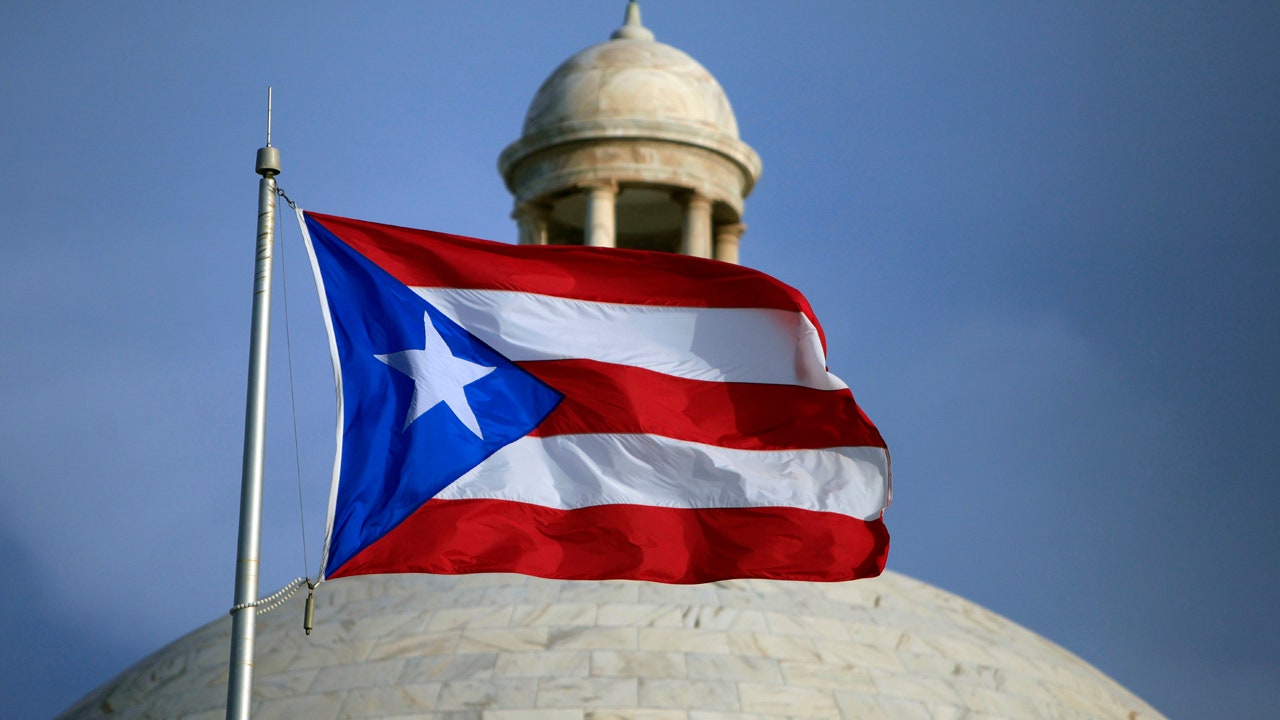
Four men from the Dominican Republic were indicted in Puerto Rico on charges of smuggling wildlife in a case involving more than 100 dead birds, officials said Monday.
DOMINICAN REPUBLIC GETS FUNDING TO SAVE RARE BIRD
The men were detained after the U.S. Coast Guard spotted them earlier this month aboard a flagless boat north of Puerto Rico and saw them throw overboard wooden cages holding tropical birds as authorities approached, the U.S. Attorney’s Office said.
Officials say four men have been indicted in Puerto Rico on charges of smuggling wildlife in a case involving more than 100 dead birds. (AP Photo/Ricardo Arduengo)
Some 113 birds were retrieved from the ocean, officials said, adding that the men had traveled to the U.S. territory to smuggle back exotic birds to the neighboring Dominican Republic.
The suspects appeared in court Monday. A judge ordered three of them held in prison and a fourth under house arrest pending an upcoming trial.
World
Lawrence Wong set to take centre stage as Singapore’s new prime minister

Singapore – For the first time in 20 years, Singapore will inaugurate a new prime minister, Minister for Finance and Deputy Prime Minister Lawrence Wong, who will take the reins of power in a ceremony on Wednesday, May 15.
The 51-year-old will replace Lee Hsien Loong – the eldest son of the country’s first Prime Minister Lee Kuan Yew – who has been in the job since August 2004.
Wong is only the fourth leader in Singapore’s 59-year history as an independent nation. Like his predecessors, he is a member of the People’s Action Party (PAP), co-founded by the elder Lee and the only ruling party Singaporeans have ever known.
The stage is now set for a general election in the city-state of 6 million people, which observers say could be held as early as this year, although the term of the current government does not expire until 2025.
At the last election in 2020, the PAP secured more than 61 percent of the vote, losing just 10 seats in the 98-member parliament to the opposition, but this was considered a sub-par performance given the opposition had won only six seats in the previous parliament.
The stakes are higher now, and a new leader is traditionally expected to gain a strong mandate from voters. Wong will be tasked with maintaining the dominance of the PAP in the face of an increasingly demanding electorate who want a greater say in governance and eschew the knuckleduster tactics and paternalistic politics of previous governments.
They are also tiring of the rat race, which Wong himself has acknowledged.
Among the most pressing issues on his plate: tackling the rising cost of living, an ageing population, a slowing economy and immigration. The PAP has also been rocked by a rare corruption scandal.
In addition, Wong must navigate the ever-present China-United States rivalry as the tiny island is a key ally to both superpowers.
Who is Lawrence Wong?
The mild-mannered Wong was selected by his peers among the “4G”, or fourth generation of leaders in Singapore’s political jargon, to be a successor to 72-year-old Lee in April 2022.
Something of a compromise candidate, he was not their first choice.
That was former central bank chief and Minister for Education Heng Swee Keat, 63, who had been appointed to succeed Lee in 2018. In a country renowned for its political stability, Heng sparked a mini political crisis by stepping aside two and a half years later, citing his age and admitting that he had not felt up to the task from the start.
Unlike many of his PAP peers, Wong did not come from the island’s establishment or attend its top schools. Going to university in the US on a government scholarship, he started out as an economist in the trade and industry ministry before entering politics in 2011.
After stints as a minister in less glamorous portfolios such as national development, he was not considered a potential prime minister, but the COVID-19 pandemic changed everything.
As co-leader of the country’s COVID-19 task force, Wong emerged as the public face of the government’s pandemic response, adroitly fielding questions from foreign media outlets in televised news conferences. Such events are a rarity in a country that performs dismally in the annual World Press Freedom rankings – Singapore was ranked 126th out of 180 countries and territories this year.

“Mr Wong is seen as a technocrat, [who is] friendly and approachable. He delivered well for the COVID-19 crisis, so he can be viewed as competent,” said former PAP lawmaker Inderjit Singh, who served alongside Lee in his central Ang Mo Kio ward for two decades.
Noting that Wong was only chosen two years ago after a period of political uncertainty, he added: “Anyone in his position will have his work cut out to show that he is indeed the right leader. He has a big task to quickly show that he is indeed the right person who can deliver.”
Leadership succession
Historically, leadership succession in Singapore has been a well-oiled process, with the heir apparent announced well in advance and groomed for years. This has been facilitated by a sterling record of governance, the PAP’s longstanding parliamentary supermajority – at its peak, there were no opposition lawmakers – and its dominance of key institutions.
Heng’s sudden departure was therefore unprecedented. Wong will also have the shortest runway of all – he became Lee’s deputy just two months after being anointed his successor. By comparison, the younger Lee served as deputy prime minister for 14 years before taking over the top job.
This perhaps explains Minister of Law and Minister for Home Affairs K Shanmugam’s prickly response to what he termed a “sneering” commentary in The Economist last month, which labelled Wong a compromise candidate and the Singapore media “docile”. Weeks later, the United Kingdom weekly conducted a wide-ranging interview with Wong where he stressed that as prime minister, he would not shy away from making unpopular decisions.
“Wong comes across as being very personable. He doesn’t portray the image of a hardliner,” said former newspaper editor PN Balji, who interacted extensively with Wong’s predecessors. While he is optimistic that Wong will come to prove himself, he added: “If you look at the leadership from Lee Kuan Yew till now, the quality of leadership has declined somewhat.”

Perhaps this is why Lee Hsien Loong is not going away – he will remain in the cabinet with the title of senior minister, just as his predecessors did.
“Given the short runway, I think Wong will benefit from [Lee’s] presence, especially in helping keep [good] external relations,” said Singh.
What do Singaporeans think of him?
Despite his increased profile during the pandemic, the guitar-playing, dog-loving, social media-friendly Wong remains something of an unknown quantity to Singaporeans.
According to a recent YouGov poll, just more than half of respondents considered him competent, with less than a third agreeing that he was a strong leader. Some 40 percent said he seemed trustworthy, a number that was significantly higher among Gen Z respondents. A fifth felt hopeful about Wong’s appointment, while 36 percent stated indifference.
Many also indicated high expectations for the incoming prime minister, perhaps reflecting the fact that Singapore’s government leaders are the world’s highest-paid, with the prime minister taking home 2.2 million Singapore dollars ($1.6m) a year including bonuses.
“Wong’s biggest challenge in the short term will be to articulate an easy-to-understand, inclusive, and progressive political vision that will draw widespread support for his government in the upcoming elections,” Elvin Ong, an assistant professor at the National University of Singapore’s political science department, told Al Jazeera.
Wong, who has stressed that he did not seek out the role or expect to become leader, is certainly working hard to win over the electorate. “Every ounce of my energy shall be devoted to the service of our country and our people,” he said in a post to his 200,000-odd Instagram followers after the handover date was announced. “Your dreams will inspire my actions.”
Calling Singapore the “improbable, unlikely nation”, he told The Economist: “My mission is to keep this miracle going for as long as I can.”
World
What to know about Trump fixer-turned-foe Michael Cohen's pivotal testimony in the hush money trial
NEW YORK (AP) — Donald Trump’s hush money trial reached a pivotal moment Monday when Trump’s onetime loyal attorney and fixer, Michael Cohen, took the witness stand to testify against his former boss.
As the prosecution’s case enters its final stretch, Cohen is providing jurors with an insider’s account of hush money payments at the center of the trial — payments he says were directed by Trump to fend off damage to his 2016 White House bid.
Cohen is the most important witness for prosecutors, who are trying to prove that Trump engaged in a scheme to buy up and bury unflattering stories about himself to illegally influence the 2016 election.
Cohen is expected be on the stand for several days and face intense grilling by Trump’s attorneys, who have painted him as a liar who’s trying to take down the presumptive Republican presidential nominee. Trump has denied any wrongdoing in the case.
Here are some takeaways from Cohen’s testimony so far:
HIS RELATIONSHIP WITH TRUMP
Cohen spoke in glowing terms about his early days working for Trump, telling jurors he was surprised and honored when the former president first offered him a job. Cohen said he and Trump were so close in the decade Cohen worked for him that the two spoke in person or by phone multiple times every single day.
Cohen did everything from talking with the media to renegotiating bills on Trump’s behalf, including outstanding invoices from 50 vendors of Trump’s failed Trump University project. The praise he got from Trump afterward made him feel like he was “on top of the world,” he told jurors.
“The only thing that was on my mind was to accomplish the task and make him happy,” Cohen said, referring to Trump.
Cohen kept Trump’s contact list merged with his on his phone so he could call someone for him quickly. One of Cohen’s phones had more than 30,000 contacts.
He also lied and bullied on Trump’s behalf, he said. Part of his job included reaching out to reporters whose stories upset Trump, asking them to make changes or take them down — and sometimes threatening legal action. Asked if he had done so in a “strong and threatening manner,” Cohen said he did.
But overall, Cohen told jurors, the job was “fantastic.”
“It was an amazing experience in many, many ways,” he added. “There were great times. There were several less than great times.”
‘KEEP ME INFORMED’
Cohen portrayed Trump as a hands-on boss, who was deeply involved in the details and decisions of his company, the Trump Organization.
Prosecutors throughout the trial have been trying to elicit such testimony to support the idea that Trump would have known about the $130,000 hush money payment to porn actor Stormy Daniels and the subsequent reimbursement to Cohen. Trump denies Daniels’ claims that they had a sexual encounter in 2006.
Cohen testified that Trump wanted to be updated immediately about any developments regarding the tasks he assigned. Cohen said Trump had an “open-door policy” so executives could meet him in his office, without appointment, and keep him apprised of developments.
“When he would task you with something, he would then say, ‘Keep me informed,’ ‘Let me know what’s going on,’” Cohen testified. That was especially true “if there was a matter that was troubling to him.”
If Trump “learned of it in another manner, that wouldn’t go over well for you,” Cohen testified.
THE MCDOUGAL DEAL
Cohen described for jurors negotiations that led to former Playboy model Karen McDougal being paid $150,000 to squash a story about an alleged affair with Trump. Trump denies having sex with McDougal.
Cohen testified that he personally had no interest in acquiring the rights to McDougal’s story, telling jurors: “What I was doing was at the direction of and benefit of Mr. Trump.”
Cohen recounted immediately going to Trump after the National Enquirer alerted him about about McDougal’s story. Cohen said Trump told him to “make sure it doesn’t get released.”
Cohen also told jurors about a conversation he says he heard between Trump and National Enquirer publisher David Pecker in which the two discussed how much it would cost to suppress McDougal’s story.
“David stated it would cost $150,000 to control the story,” he said. Cohen said Trump then told the publisher: “No problem, I’ll take care of it.”
After the National Enquirer shelled out $150,000 to suppress McDougal’s story about Trump, Cohen testified that the tabloid’s publisher was hounding him to get Trump to reimburse him for the cost. He recounted meeting Pecker at his favorite Italian restaurant and the publisher being upset about not being repaid.
THE SECRET RECORDING
With Cohen on the stand, jurors again heard the audio recording he secretly made of a meeting with Trump in September 2016 in which they discussed the plan to purchase McDougal’s silence. In the recording, Trump can be heard saying: “What do we got to pay for this? One-fifty?”
Cohen testified that it was the only time that he had ever recorded a conversation with Trump. He said made the recording so Pecker, the National Enquirer publisher, could hear the conversation and be assured that Trump was going to pay him back.
Cohen testified that the recording abruptly cut off because he was receiving an incoming call to his phone, a claim substantiated by cell phone carrier records shown in court. Cohen said the number listed in the carrier records belonged to a bank official who was trying to get ahold of him.
Cohen said that the recording was not altered and sounded exactly the same as the day it was recorded. Prosecutors’ questions eliciting that testimony were meant to rebut a suggestion previously raised by the defense that Cohen may have altered the tape.
Earlier in the trial, Trump’s attorneys pressed a witness about the “gaps” in the handling of the phone after Cohen made the recording, along with the abrupt cut-off at the end of the tape.
___
Associated Press reporter Jake Offenhartz in New York contributed. Whitehurst and Richer reported from Washington.
-

 Politics1 week ago
Politics1 week agoAustralian lawmakers send letter urging Biden to drop case against Julian Assange on World Press Freedom Day
-

 World1 week ago
World1 week agoBrussels, my love? Champage cracked open to celebrate the Big Bang
-
News1 week ago
A group of Republicans has united to defend the legitimacy of US elections and those who run them
-

 Politics1 week ago
Politics1 week agoHouse Dems seeking re-election seemingly reverse course, call on Biden to 'bring order to the southern border'
-

 World1 week ago
World1 week ago‘It’s going to be worse’: Brazil braces for more pain amid record flooding
-

 Politics1 week ago
Politics1 week ago'Stop the invasion': Migrant flights in battleground state ignite bipartisan backlash from lawmakers
-

 World1 week ago
World1 week agoGerman socialist candidate attacked before EU elections
-

 World1 week ago
World1 week agoSpain and Argentina trade jibes in row before visit by President Milei


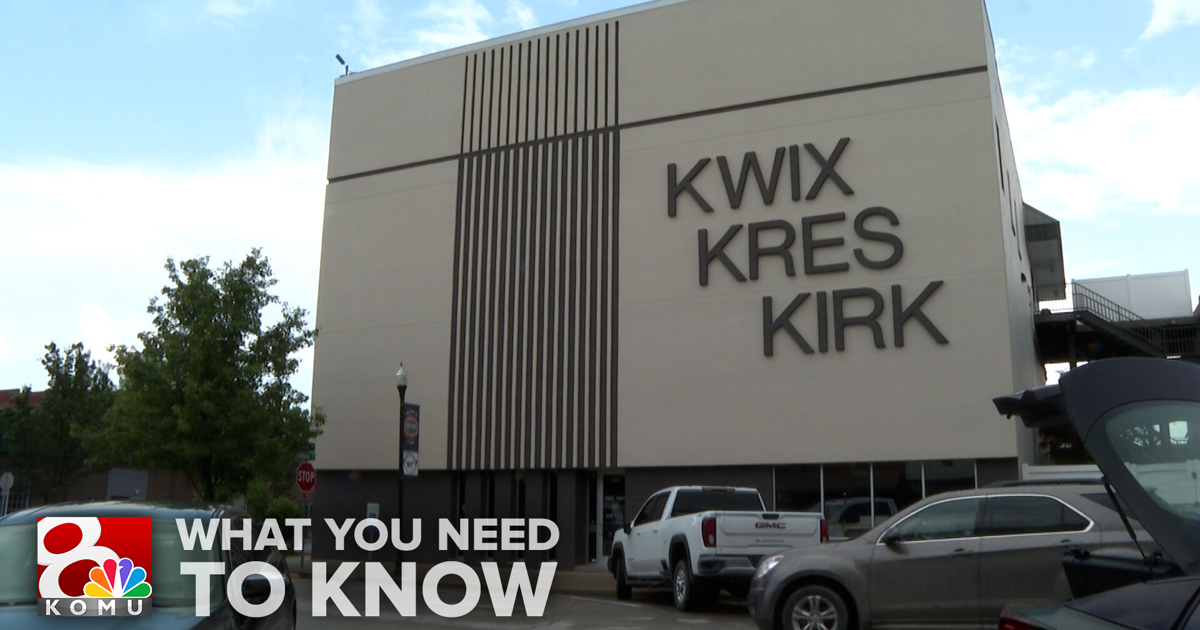
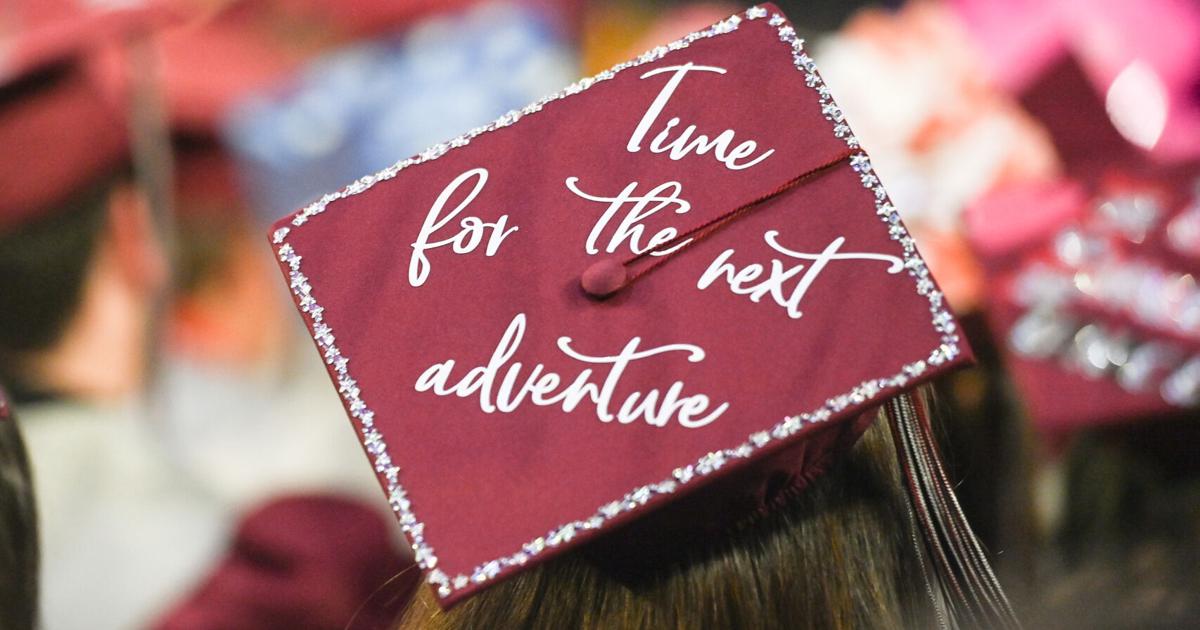
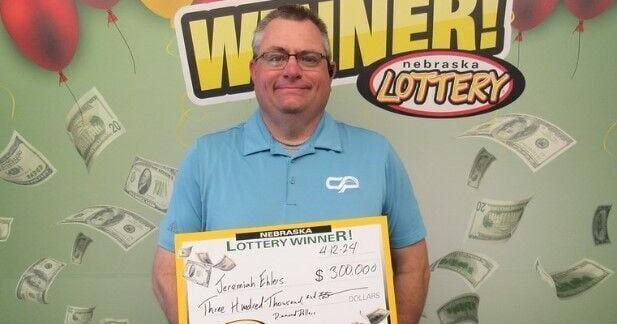



/cdn.vox-cdn.com/uploads/chorus_asset/file/23986615/acastro_STK097_01.jpg)






